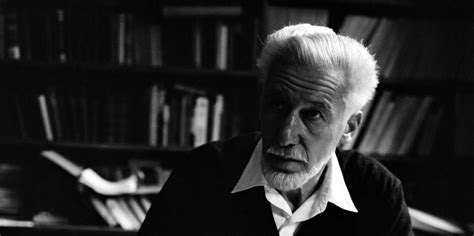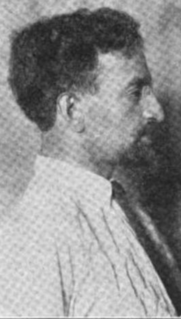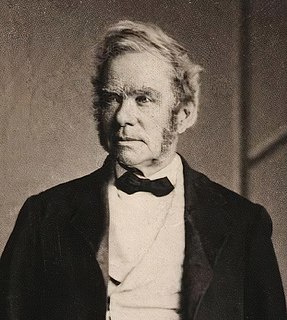A Quote by Bertrand de Jouvenel
It is appropriate here to recall that the so-called Dark Ages began with the flight of the individuals into the protection of lords or chapters and came to an end when the individual again found it to his advantage to set forth on his own. We live at a time when everything conspires to push the individual into the fold.
Related Quotes
Every individual is continually exerting himself to find out the most advantageous employment for whatever capital he can command. It is his own advantage, indeed, and not that of the society which he has in view. But the study of his own advantage naturally, or rather necessarily, leads him to prefer that employment which is most advantageous to society... He intends only his own gain, and he is in this, as in many other cases, led by an invisible hand to promote an end which was not part of his intention
The little individualist, recognizing his individual impotence, realizing that he did not possess within himself even the basis of a moral judgement against his big brother, began to change his point of view. He no longer hoped to right all things by his individual efforts. He turned to the law, to the government, to the state.
As society is only possible if everyone, while living his own life, at the same time helps others to live; if every individual is simultaneously means and end; if each individual's well-being is simultaneously the condition necessary to the well-being of others, it is evident that the contrast between I and thou, means and end, automatically is overcome.
The freedom of an individual depends upon that individual's freedom to alter his considerations of space, energy, time and life and his roles in it. If he cannot change his mind about these, he is then fixed and enslaved amidst barriers such as those of the physical universe, and barriers of his own creation. Man thus is seen to be enslaved by barriers of his own creation. He creates these barriers himself, or by agreeing with things which hold these barriers to be actual.
It is possible that an individual may be successful, largely because he conserves all his powers for individual achievement and does not put any of his energy into the training which will give him the ability to act with others. The individual acts promptly, and we are dazzled by his success while only dimly conscious of the inadequacy of his code.
The strength of an individual is not in his extreme freedom and libertine lifestyle, but in the stalwartness of his character and his moral vigor. The society is made of individuals. What is true for an individual is also true for the society. A society that is not founded on moral values is doomed to fall.
Virginia States' rights, as our forefathers conceived it, was a protection of the right of the individual citizen. Those who preach most frequently about states' rights today are not those seeking the protection of the individual citizen, but his exploitation. The time is long past — if indeed it ever existed — when we should permit the noble concept of states' rights to be betrayed.
It is no wonder that advocates of Obamacare blindly push forward with their agenda to force religious Americans to violate their own precepts: in the war between the state and the individual, religion is on the side of the individual and his or her relationship with God. That is why symbolic prayer matters. It is symbolic.
With only one life to live we can't afford to live it only for itself. Somehow we must each for himself, find the way in which we can make our individual lives fit into the pattern of all the lives which surround it. We must establish our own relationships to the whole. And each must do it in his own way, using his own talents, relying on his own integrity and strength, climbing his own road to his own summit.
The system is not intended as a substitute for private savings, pension plans, and insurance protection. It is, rather, intended as the foundation upon which these other forms of protection can be soundly built. Thus, the individual's own work, his planning and his thrift will bring him a higher standard of living upon his retirement, or his family a higher standard of living in the event of his death, than would otherwise be the case. Hence the system both encourages thrift and self-reliance, and helps to prevent destitution in our national life.







































